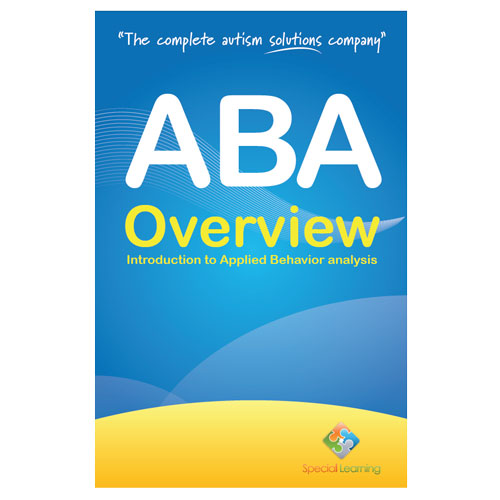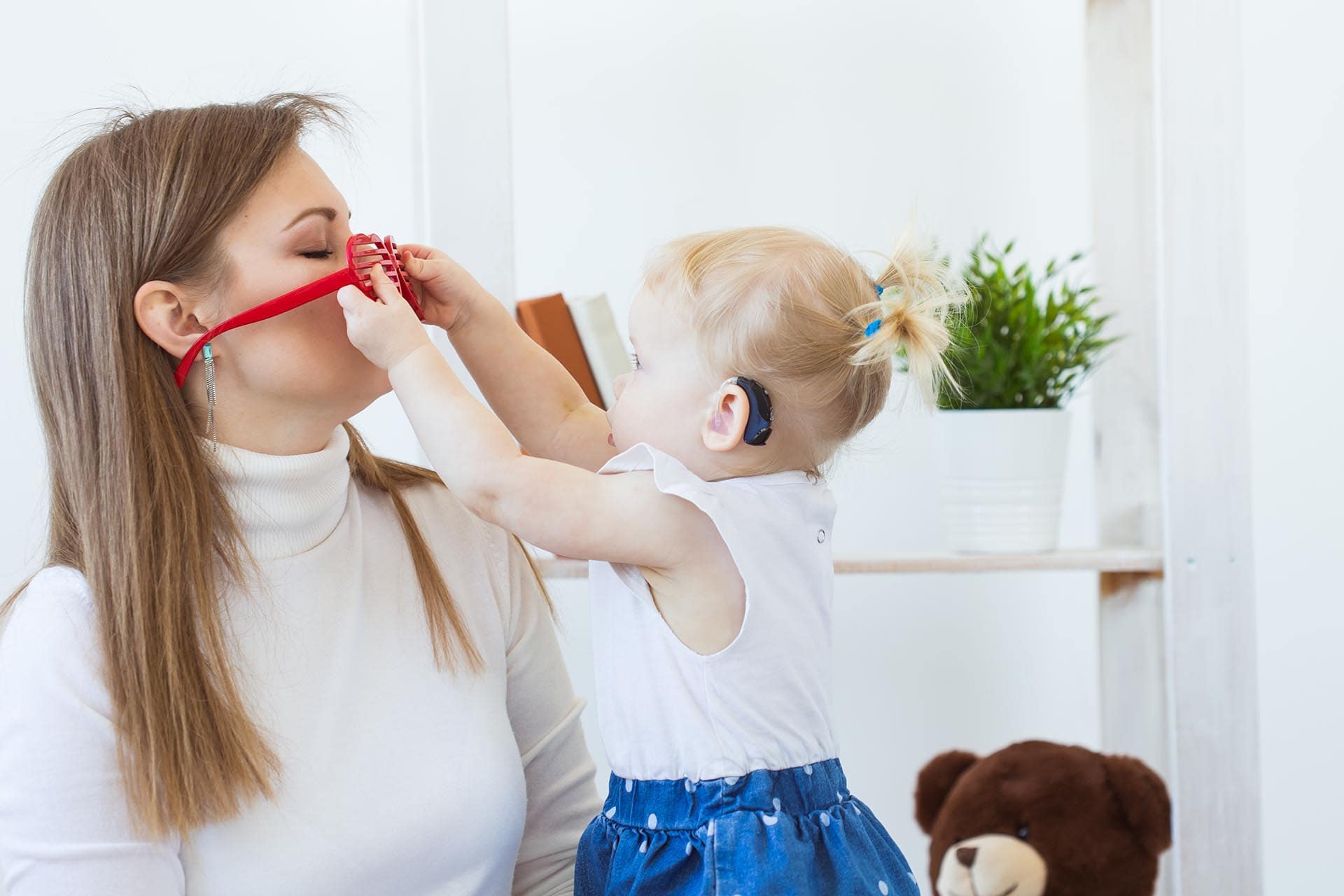What to Find in a Good Caregiver
Taking care of a child with autism is challenging and stressful. Parents, no matter how loving, patient, and understanding, may come to a breaking point. Parents also need a time-out, a time to relax and look after themselves. Hiring the right caregiver to care for your child while you spend time recuperating will help you relax and enjoy your time off.
The idea of having someone look after your child who has autism may be nerve-racking but it is something that both you and your child will benefit from. The key to hiring a caregiver is to evaluate the caregiver’s knowledge of autism as well as her rapport with your child in general. A well-experienced caregiver who has not handled a child with autism may not be the best fit for the job regardless of how caring, understanding, and patient she may be.
Looking for a caregiver with qualifications that are best suited for the job may start with asking your fellow parents who have children with special needs for recommendations. They may know a good agency or a service provider to recommend. Asking your child’s school teachers or counselors is also a good place to start.
Here are some attributes to look for when hiring a caregiver:
- General knowledge about Autism Spectrum Disorders
This will help the caregiver understand the symptoms and nature of your child’s disorder. A caregiver who respects a child’s routine is more likely to invest more patience in handling your child’s tantrums.
- A good, empathic personality
This is probably the most important quality to find in a caregiver. There
are caregivers who are very experienced and have certifications but lack the
the essence of selflessness and human compassion to be able to truly care for your
childlike your child is their own.
- Formal training
Any formal training or certification is a plus but should not be the basis for hiring. A child with autism can manifest developmental delays in communication, such as repetitive or slow speech (NINDS, 2011). It is a plus if a caregiver has some knowledge on ABA techniques so she will be able to continue at home what the child’s therapist has introduced during a therapy session.
- Accountability
You do not want someone who cannot take constructive criticism. Caregivers who blame others when things go wrong are those whom you cannot trust.
- Reliability
Caregivers work most of the time unsupervised. It is important that you can trust your caregiver enough that you do not have to worry when you are out having a nice dinner.
These are just some points to consider when hiring a caregiver for your child with autism. Keep in mind that the caregiver will be a part of your child’s life and yours as well. Take time and assess each applicant thoroughly before accepting someone in your home and life.
References:
Autism and Asperger’s Syndrome. (n.d.). Autism-help.org: Respite care for parents with autistic kids. Retrieved April 23, 2011, from http://www.autism-help.org/family-respite-care-autism.htm
Center for Disease Control and Prevention. (2010). cdc.gov: Families with special needs: Caregiving tips. Retrieved April 23, 2011, from http://www.cdc.gov/family/specialneeds/
National Institute of Neurological Disorders and Stroke. (n.d.). ninds.nih.gov: Autism fact sheet. http://www.ninds.nih.gov/disorders/autism/detail_autism.htm
Copyright © by Special Learning Inc. All right reserved.
No part of this article may be reproduced in any manner whatsoever without written permission except in the case of brief quotations embodied in critical articles and reviews. For information, contact Special Learning Inc., at: contact@special-learning.com








